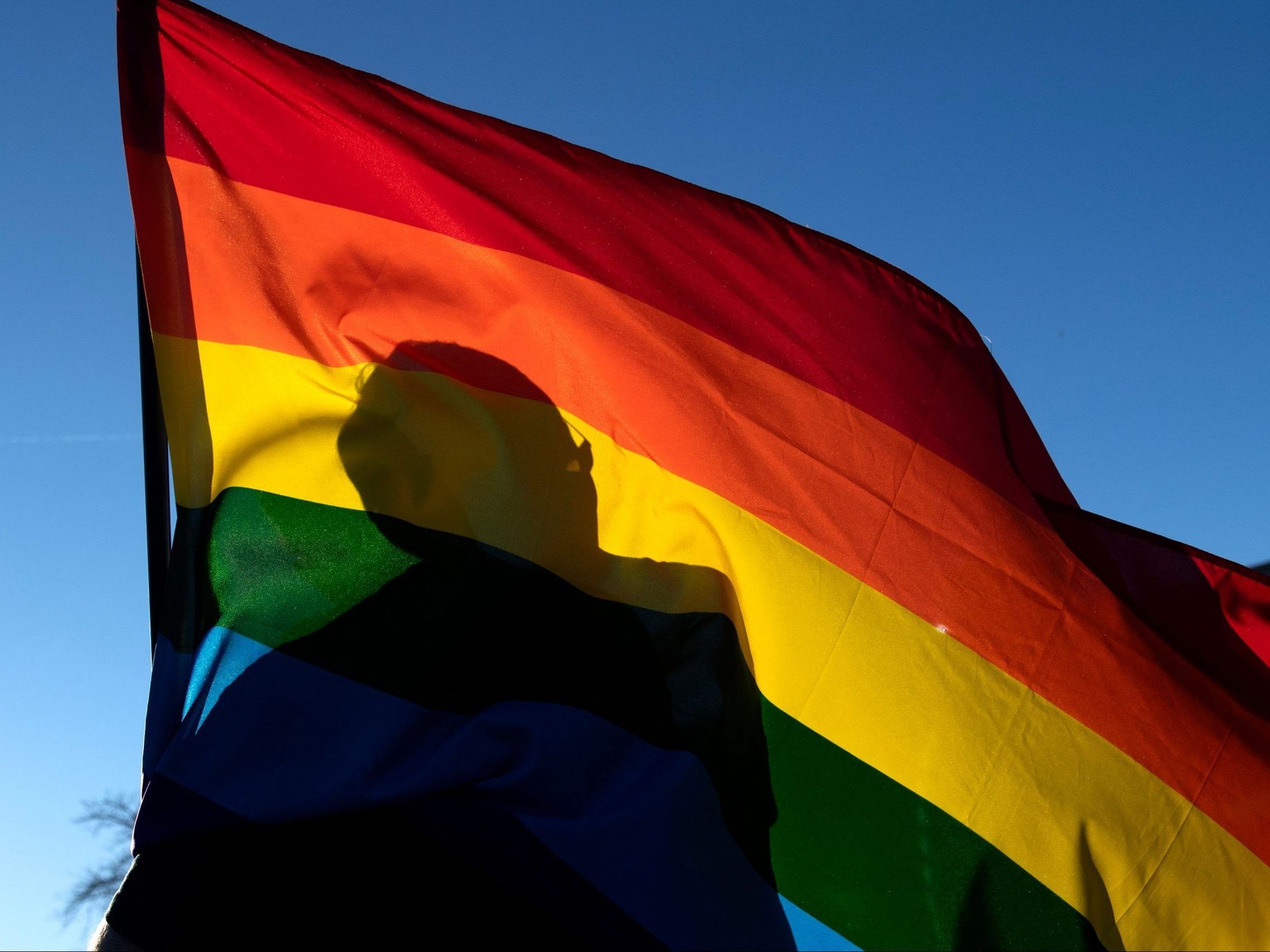Our constitution is a bit squishy: "The Canadian Charter of Rights and Freedoms guarantees the rights and freedoms set out in it subject only to such reasonable limits prescribed by law as can be demonstrably justified in a free and democratic society" (Constitution Act I.i) I guess if a legal argument can be made that mandatory hoisting of a pride flag constitutes a "reasonable limit" on Emo Township's right to free expression, then they're on the hook. Ironically, their town hall apparently doesn' t have a flagpole.
Note also that this complaint went through the Ontario Human Rights Tribunal rather than the regular courts. Our human-rights laws are rather draconian and complaints aren't adjudicated in court by a judge—so the usual rules of evidence don't apply, and it's easier to get a ruling that you were discriminated against. They are inherently biased in favour of the complainant.
Alan Borovoy, one of the civil-liberties lawyers who helped set up the Human Rights Code, once expressed his shock at how the system was being abused. It was intended to protect people who were denied housing or jobs because of their race, that sort of thing, not as lawfare for people who took offence at contrary opinions.


